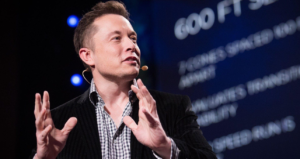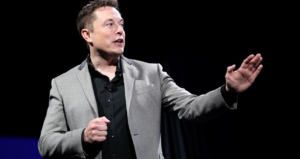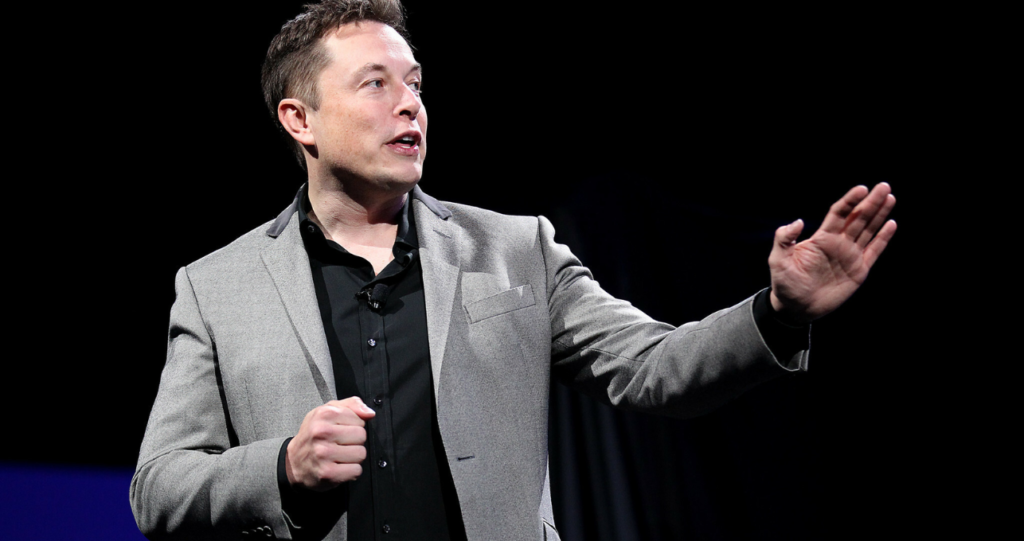Elon Musk, born on June 28, 1971, in Pretoria, South Africa, has emerged as one of the most influential figures in the technology and space industries. Renowned for his roles as the CEO of Tesla, Inc., and SpaceX, OpenAI, Musk’s journey from a curious child in South Africa to a billionaire entrepreneur reshaping multiple industries is a testament to his ambition, innovation, and resilience.
Early Life and Education
Elon Musk was born to Maye Musk, a model and dietitian, and Errol Musk, an electromechanical engineer. His family, of British and Pennsylvania Dutch descent, enjoyed a comfortable upbringing. Musk has two younger siblings, Kimbal and Tosca, along with several paternal half-siblings.
His childhood was marked by a love for reading and technology. At just ten years old, Musk began teaching himself computer programming and, by twelve, had sold a video game he created, Blastar, for about $500. Despite showing early promise, Musk’s academic journey was not without challenges. He attended multiple schools, including Bryanston High School and Pretoria Boys High School, where he faced bullying and conflict, including a severe beating that resulted in hospitalization.
In 1989, to escape the compulsory military service in South Africa and the apartheid regime, Musk moved to Canada, obtaining citizenship through his mother. He initially worked various odd jobs before attending Queen’s University in Kingston, Ontario. After two years, he transferred to the University of Pennsylvania, where he earned dual degrees in physics and economics, graduating in 1997.
Entrepreneurial Beginnings
In 1995, Musk moved to California to pursue a Ph.D. at Stanford University in materials science but quickly dropped out to seize the opportunities presented by the burgeoning internet boom. Along with his brother Kimbal, he co-founded Zip2, an online city guide software company. The startup gained traction and was acquired by Compaq for $307 million in 1999.
Following the sale of Zip2, Musk launched X.com, an online payment company, in 1999. X.com later merged with Confinity, the company behind PayPal, and in 2001, PayPal became a dominant player in online payments. In 2002, eBay acquired PayPal for $1.5 billion, and Musk received $165 million from the deal.
With a portion of his earnings, Musk founded SpaceX in 2002, aiming to reduce space transportation costs and enable the colonization of Mars. SpaceX made history with the successful launch of the Falcon 1 in 2008, and since then, it has developed the Falcon 9 and Falcon Heavy rockets, along with the Dragon spacecraft, fundamentally transforming the aerospace industry.
Tesla and Renewable Energy
In 2004, Musk became involved with Tesla Motors (now Tesla, Inc.) as an early investor, providing significant initial funding and assuming the role of chairman. He became the product architect and later the CEO, leading the company to produce electric vehicles (EVs) that have gained worldwide acclaim. Tesla has also made strides in battery technology and renewable energy solutions through its acquisition of SolarCity in 2016, furthering Musk’s vision for a sustainable energy future.
Musk’s ambitious projects extend beyond electric cars. In 2013, he proposed the hyperloop, a high-speed transportation system that uses pods traveling through low-pressure tubes. He has also been involved in the development of the Boring Company, which focuses on tunnel construction and infrastructure solutions.
Controversies and Challenges
Musk’s journey has not been without its controversies. In 2018, the U.S. Securities and Exchange Commission (SEC) sued him for allegedly making false statements about securing funding to take Tesla private. The case was settled, resulting in Musk stepping down as chairman of Tesla and paying a $20 million fine.
His acquisition of Twitter in 2022 for $44 billion stirred further debate. Rebranded as X Corp., Musk’s ownership has been marked by significant layoffs, controversial policy changes, and accusations of allowing hate speech and misinformation to proliferate on the platform.
Despite facing criticism for his unfiltered remarks and actions, including those related to COVID-19 and various conspiracy theories, Musk remains a polarizing figure. His outspoken nature and influence on social media platforms contribute to his complex public persona.
Recent Ventures and Future Aspirations
In 2023, Musk founded xAI, an artificial intelligence company, continuing his trend of pushing the boundaries of technology. He has also been a vocal advocate for the integration of AI into various sectors, while expressing concerns about its potential risks.
Elon Musk’s legacy is defined by his relentless pursuit of innovation and his willingness to take risks. As of August 2024, Forbes estimates his net worth at $247 billion, making him one of the wealthiest individuals in the world. His vision for the future encompasses not only space travel and electric vehicles but also the broader implications of technology on society.
Conclusion
Elon Musk’s life story is one of ambition, innovation, and controversy. From his humble beginnings in South Africa to becoming a global icon in technology and entrepreneurship, Musk continues to influence various industries profoundly. His endeavors at SpaceX, Tesla, and other ventures have redefined possibilities in space travel, electric mobility, and renewable energy. As he pushes forward, the world watches closely, eager to see how his next innovations will shape our future.






1 Comment
Pingback: Elon Musk Business Career: A Journey of Innovation and Disruption - Oranic Soft